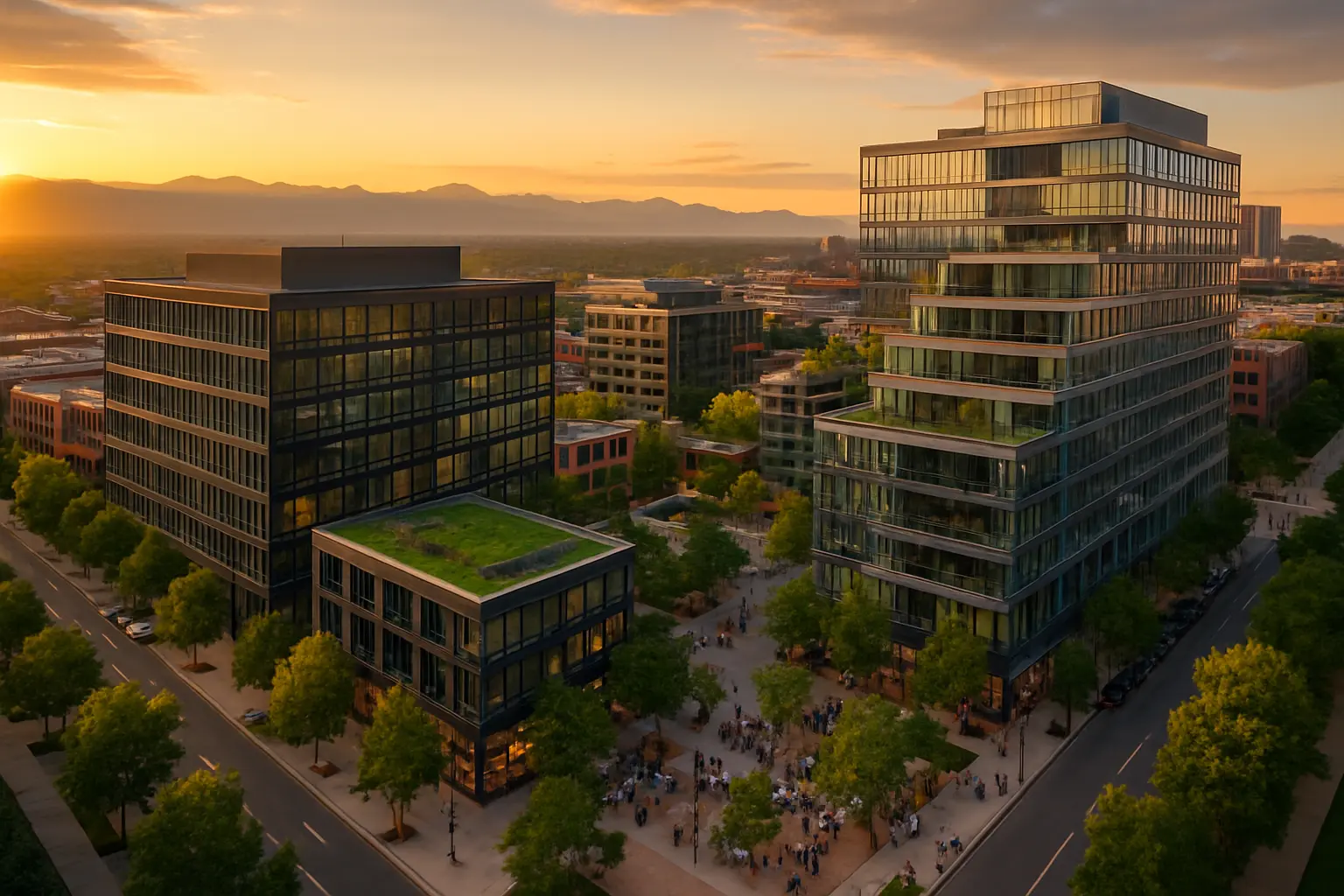Mixed-Use Magic: Denver's Urban Renaissance
Discover how innovative mixed-use developments are transforming Denver's neighborhoods into vibrant live-work-play communities.

The Evolution of Denver's Urban Landscape
Denver's cityscape has undergone a remarkable transformation, shedding its traditional zoning constraints to embrace a more dynamic and integrated urban framework. The Mile High City has emerged as a pioneer in mixed-use development, revolutionizing how residents experience urban living.
Gone are the days of rigid separation between residential and commercial zones. Today's Denver showcases thoughtfully designed neighborhoods where apartments perch above street-level boutiques, and office spaces seamlessly integrate with public parks and entertainment venues.
Live-Work-Play Synergy
The concept of live-work-play has become more than just a catchphrase in Denver's hottest districts. RiNo Art District and Union Station stand as prime examples of this revolutionary approach to urban planning.
Successful Mixed-Use Projects
- Union Station Neighborhood - A transportation hub transformed into a dynamic community center
- Denver Central Market - Where culinary excellence meets residential comfort
- Dairy Block - Historic preservation meets modern functionality
Mixed-use developments have reduced average commute times by 35% for residents while increasing neighborhood walkability scores by 45%.
Investment Opportunities and Market Trends
Denver's mixed-use developments have proven to be resilient investments, showing consistent growth even during market fluctuations. Property values in these integrated communities have outperformed traditional single-use developments by an average of 23%.
Market Performance Indicators
- Higher tenant retention rates
- Increased foot traffic for retail spaces
- Strong appreciation in property values
- Enhanced community engagement
Future-Forward Communities
The next generation of mixed-use developments in Denver is setting new standards for sustainable urban living. These communities incorporate:
- Smart building technologies for energy efficiency
- Green spaces and urban farming initiatives
- Alternative transportation infrastructure
- Community-centric design elements
Developers are increasingly focusing on creating 15-minute neighborhoods where residents can access all essential services within a short walk or bike ride. This approach not only reduces carbon emissions but also fosters stronger community bonds.
Sustainability Features
Modern mixed-use developments in Denver are incorporating cutting-edge sustainability features:
- Solar panel integration
- Greywater recycling systems
- Electric vehicle charging stations
- Rooftop gardens and community spaces
As Denver continues to grow, these mixed-use developments are proving that urban density can coexist with quality of life. The city's commitment to innovative urban planning ensures that future generations will inherit vibrant, sustainable, and connected communities that truly embody the live-work-play philosophy.


